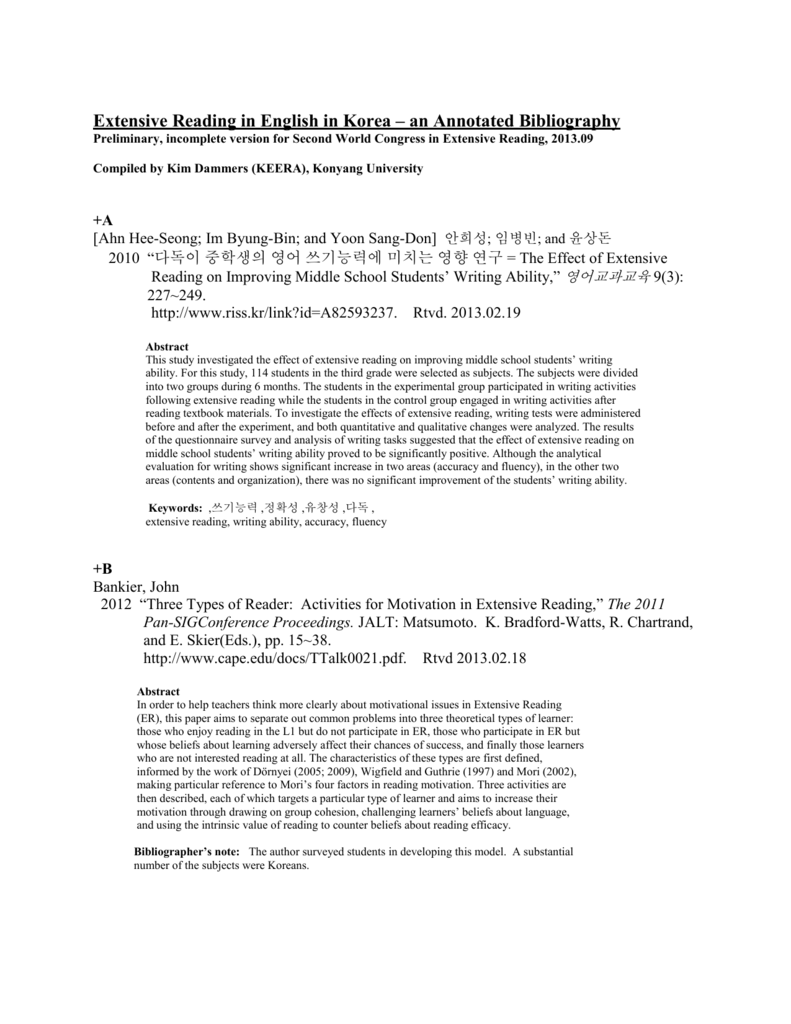Standards in this strand:
The CCR anchor standards and high school grade-specific standards work in tandem to define college and career readiness expectations—the former providing broad standards, the latter providing additional specificity.
A free English learning site with over 100 50-word passages, simple present tense, with audio ad exercises, for English beginners to learn English through reading. English Level 1 Adblock Detected.
Key Ideas and Details:
Cite strong and thorough textual evidence to support analysis of what the text says explicitly as well as inferences drawn from the text.
Determine a theme or central idea of a text and analyze in detail its development over the course of the text, including how it emerges and is shaped and refined by specific details; provide an objective summary of the text.
Analyze how complex characters (e.g., those with multiple or conflicting motivations) develop over the course of a text, interact with other characters, and advance the plot or develop the theme.
More English Lessons Next lesson - Introductions, Greetings and Farewells Test. Enter the correct form of the verb to be - Fill It. Test your vocabulary - Name It - if you don't know a word look it up in your dictionary. Practise Your English. Read this song - Great for practising 'I am'. Listen to some of the previous comments. English short stories, Aesop fables and Fairy tales with color illustrations for children as well as young adults. Log in to follow creators, like videos, and view comments. About Newsroom Store Contact Careers ByteDance. TikTok for Good Advertise Developers Transparency.
Craft and Structure:
Determine the meaning of words and phrases as they are used in the text, including figurative and connotative meanings; analyze the cumulative impact of specific word choices on meaning and tone (e.g., how the language evokes a sense of time and place; how it sets a formal or informal tone).
Analyze how an author's choices concerning how to structure a text, order events within it (e.g., parallel plots), and manipulate time (e.g., pacing, flashbacks) create such effects as mystery, tension, or surprise.
Analyze a particular point of view or cultural experience reflected in a work of literature from outside the United States, drawing on a wide reading of world literature.
Short Storiesintensive English 10
Integration of Knowledge and Ideas:
Analyze the representation of a subject or a key scene in two different artistic mediums, including what is emphasized or absent in each treatment (e.g., Auden's 'Musée des Beaux Arts' and Breughel's Landscape with the Fall of Icarus).
(RL.9-10.8 not applicable to literature)

Analyze how an author draws on and transforms source material in a specific work (e.g., how Shakespeare treats a theme or topic from Ovid or the Bible or how a later author draws on a play by Shakespeare).
Range of Reading and Level of Text Complexity:
CCSS.ELA-Literacy.RL.9-10.10By the end of grade 9, read and comprehend literature, including stories, dramas, and poems, in the grades 9-10 text complexity band proficiently, with scaffolding as needed at the high end of the range.
By the end of grade 10, read and comprehend literature, including stories, dramas, and poems, at the high end of the grades 9-10 text complexity band independently and proficiently.
November 9, 1995
TO: Professional Staff, Division of Human Subject Protections, OPRR
FROM: Director, Division of Human Subject Protections, OPRR
SUBJECT: OBTAINING AND DOCUMENTING INFORMED CONSENT OF SUBJECTS WHO DO NOT SPEAK ENGLISH
Department of Health and Human Services regulations for the protection of human subjects require that informed consent information be presented 'in language understandable to the subject' and, in most situations, that informed consent be documented in writing (45 CFR §46.116 and §46.117).
Where informed consent is documented in accordance with §46.117(b)(1), the written consent document should embody, in language understandable to the subject, all the elements necessary for legally effective informed consent. Subjects who do not speak English should be presented with a consent document written in a language understandable to them. OPRR strongly encourages the use of this procedure whenever possible.

Alternatively, §46.117(b)(2) permits oral presentation of informed consent information in conjunction with a short form written consent document (stating that the elements of consent have been presented orally) and a written summary of what is presented orally. A witness to the oral presentation is required, and the subject must be given copies of the short form document and the summary.
When this procedure is used with subjects who do not speak English, (i) the oral presentation and the short form written document (see sample attached) should be in a language understandable to the subject; (ii) the IRB-approved English language informed consent document may serve as the summary; and (iii) the witness should be fluent in both English and the language of the subject.
At the time of consent, (i) the short form document should be signed by the subject (or the subject's legally authorized representative); (ii) the summary (i.e., the English language informed consent document) should be signed by the person obtaining consent as authorized under the protocol; and (iii) the short form document and the summary should be signed by the witness. When the person obtaining consent is assisted by a translator, the translator may serve as the witness.
The IRB must receive all foreign language versions of the short form document as a condition of approval under the provisions of §46.117(b)(2). Expedited review of these versions is acceptable if the protocol, the full English language informed consent document, and the English version of the short form document have already been approved by the convened IRB.
It is the responsibility of the IRB to determine which of the procedures at §46.117(b) is appropriate for documenting informed consent in protocols that it reviews.
Short English Stories For Adults
Melody H. Lin, Ph.D.
Attachment: Sample Short Form Consent Document For Subjects Who Do Not Speak English
cc: Gary B. Ellis, Ph.D.
SAMPLE SHORT FORM WRITTEN CONSENT DOCUMENT FOR SUBJECTS WHO DO NOT SPEAK ENGLISH
THIS DOCUMENT MUST BE WRITTEN IN A LANGUAGE UNDERSTANDABLE TO THE SUBJECT
Consent to Participate in Research
You are being asked to participate in a research study.

Before you agree, the investigator must tell you about (i) the purposes, procedures, and duration of the research; (ii) any procedures which are experimental; (iii) any reasonably foreseeable risks, discomforts, and benefits of the research; (iv) any potentially beneficial alternative procedures or treatments; and (v) how confidentiality will be maintained.
Where applicable, the investigator must also tell you about (i) any available compensation or medical treatment if injury occurs; (ii) the possibility of unforeseeable risks; (iii) circumstances when the investigator may halt your participation; (iv) any added costs to you; (v) what happens if you decide to stop participating; (vi) when you will be told about new findings which may affect your willingness to participate; and (vii) how many people will be in the study.


If you agree to participate, you must be given a signed copy of this document and a written summary of the research.
You may contact (name) at (phone number) any time you have questions about the research.
You may contact (name) at (phone number) if you have questions about your rights as a research subject or what to do if you are injured.
Your participation in this research is voluntary, and you will not be penalized or lose benefits if you refuse to participate or decide to stop.
Signing this document means that the research study, including the above information, has been described to you orally, and that you voluntarily agree to participate.
Signature of participant ___________
date___________
Signature of witness ___________
date___________
11/09/95
